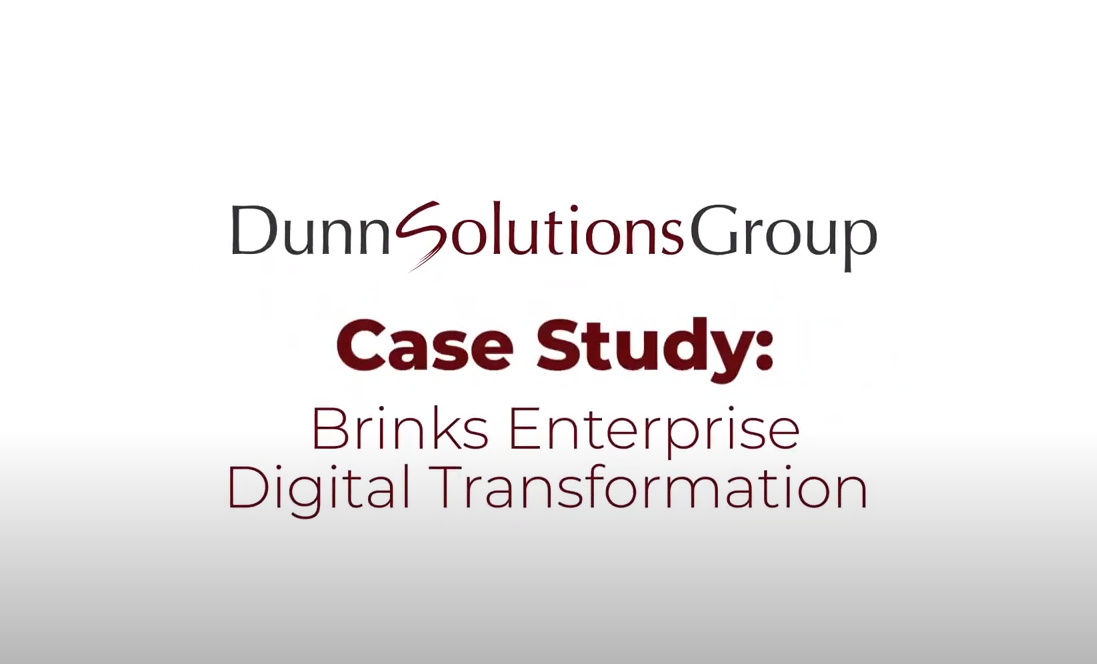-
Mobile Apps
We design, develop, and deploy mobile apps for B2B andB2C companies.
Digital Customer Platforms Featured Content
-
Customer Data Platforms
Dunn Solutions provides CDP project implementation services that drive customer engagement.
Business Analytics Featured Content
-
Content Strategy & Writing
Our software execution automates triggers to target the right message at the right time to your customers.
-
Implementation & Integration
We excel at integrating systems and data together to customize a complete customer-focused solution.
-
Communications Strategy
We provide the expertise to set up, automate, and widely disseminate content, metrics, and communications.
-
Campaign Management & Metrics
Provide insights with reports and dashboards throughout your whole organization.
-
Influencer Marketing
Promote your products and services with Influencer marketing. We can help you hire and promote micro influencers to build your brand and drive growth.
Marketing Automation Featured Content
-
Events
Dunn Solutions attends and sponsors many events and conferences throughout the year.
-
Our Values
Our values are a statement of the commitment we make to our clients, partners and employees every single day.
-
News
Read about our latest company news and updates.



